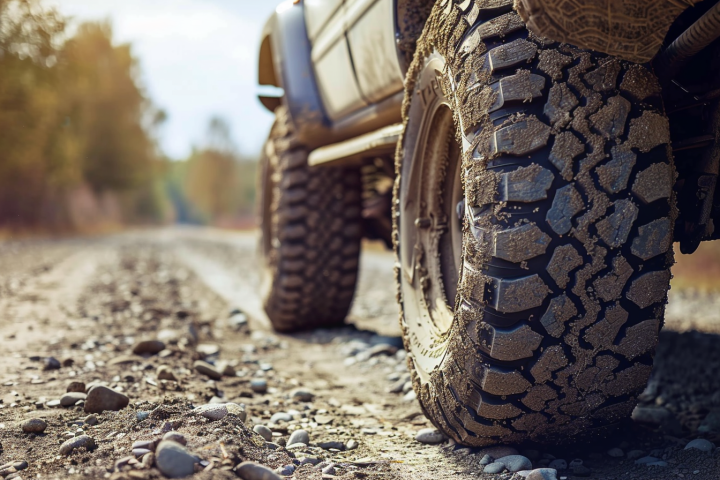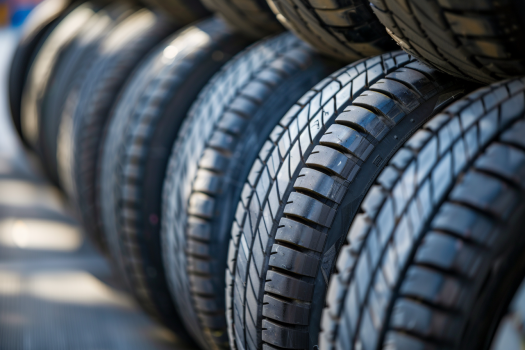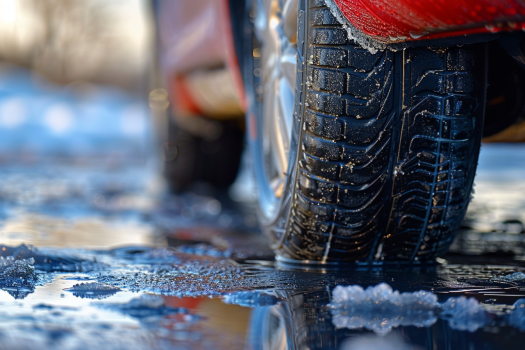Last Updated on April 21, 2024
Stay Safe and Prepared on Snowy Roads with Our Top Picks
Equipping your new car with the right tires becomes paramount for ensuring your safety and maintaining optimal performance on snow-covered roads as winter approaches. Whether you’re driving a sedan, SUV, or a compact car, having the best snow and all-weather tires can make all the difference. This guide explores the top options to help you confidently navigate the winter wonderland.
Why Winter Tires Matter
Before we dive into tire recommendations, let’s understand why winter tires are a must-have for your new car.
Winter tires, known as snow tires, are designed to excel in cold, icy, and snowy conditions. They offer superior traction and control compared to all-season tires. Here’s why they matter:
- Enhanced Traction: Winter tires feature a unique rubber compound that remains flexible even in frigid temperatures. This flexibility allows them to grip the road better, ensuring you have control when navigating slippery surfaces.
- Deep Tread Patterns: The tread patterns of winter tires are designed with deep grooves and sipes (small channels) that bite into snow and ice, providing exceptional grip. This feature helps prevent skidding and sliding.
- Shorter Stopping Distances: Winter tires can significantly reduce your car’s stopping distance on snowy or icy roads. This can be a lifesaver in emergencies.
- Improved Handling: With winter tires, you’ll experience better cornering and overall handling, even when the road conditions are less than ideal.
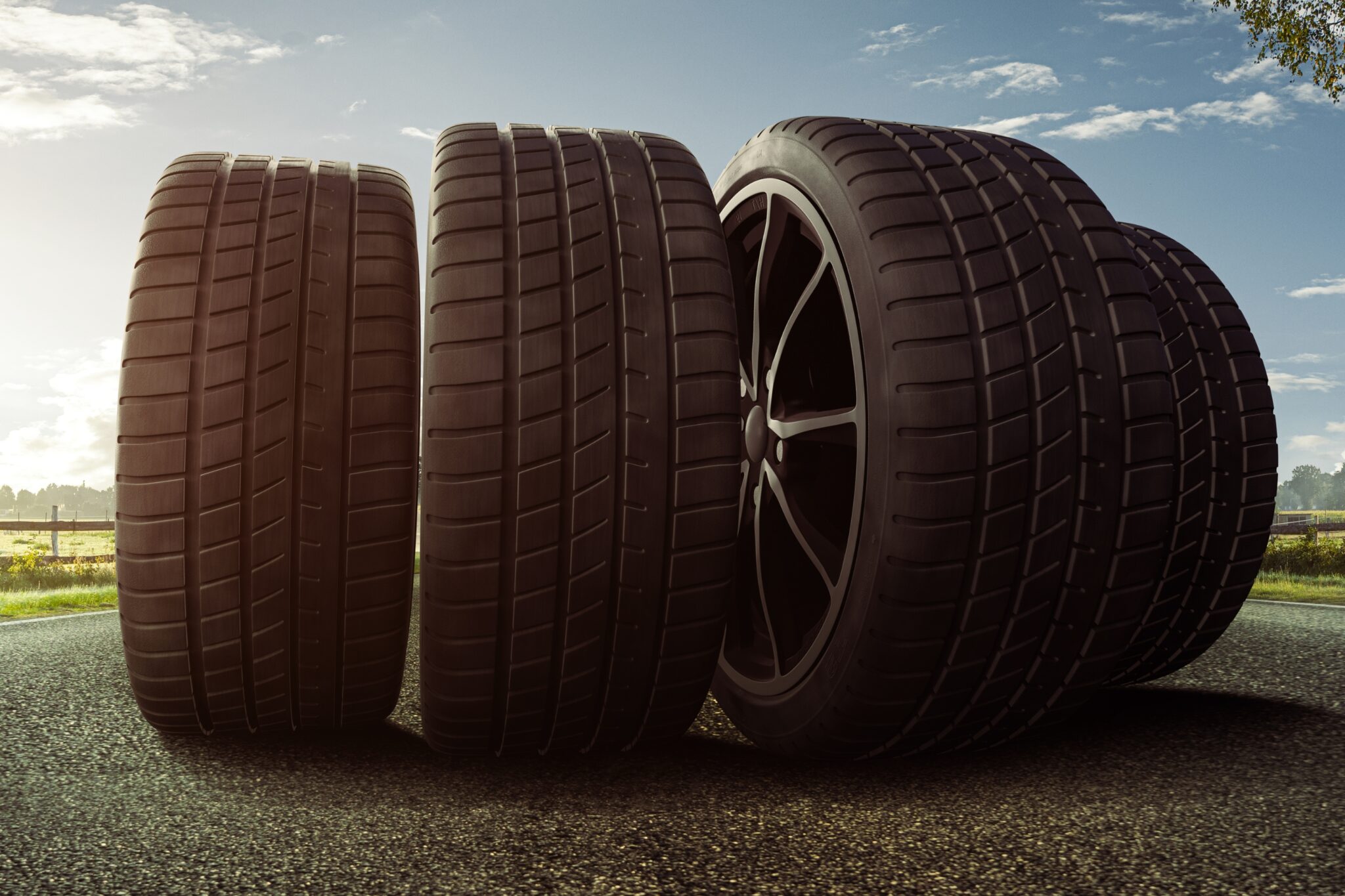
Top Snow Tires for Your New Car
Let’s delve into some of the best snow tires on the market to keep your new car safe and steady this winter.
- Bridgestone Blizzak WS90: Known for its excellent snow and ice traction, the Blizzak WS90 provides a comfortable ride and reliable performance on winter roads. It features a multi-cell compound that enhances grip on icy surfaces.
- Michelin X-Ice Xi3: Michelin’s X-Ice Xi3 offers impressive traction on snow and ice. Its unique rubber compound maintains flexibility in cold weather, and the tire’s wide grooves expel slush and water effectively.
- Pirelli Winter Sottozero 3: This tire delivers exceptional performance in winter conditions, offering precise steering response and reliable grip. It’s a great choice for drivers seeking both safety and sporty handling.
- Continental VikingContact 7: The VikingContact 7 is designed for extreme winter conditions, providing outstanding traction on snow and ice. It features adaptive grip technology for enhanced stability.
All-Weather Tires for Versatility
If you prefer a tire that can handle year-round driving, all-weather tires are a viable option.
- Nokian WR G4: These tires offer a balanced winter and summer performance. They are known for their excellent wet and dry handling while providing sufficient grip in light snow.
- Goodyear Assurance WeatherReady: Goodyear’s WeatherReady tires have a snowflake symbol, indicating their winter capabilities. They offer good all-season performance and are designed to handle light to moderate winter conditions.
- Hankook Kinergy 4S2: The Kinergy 4S2 is a versatile tire suitable for various weather conditions. It offers excellent value for money, delivering decent performance on snow and ice.
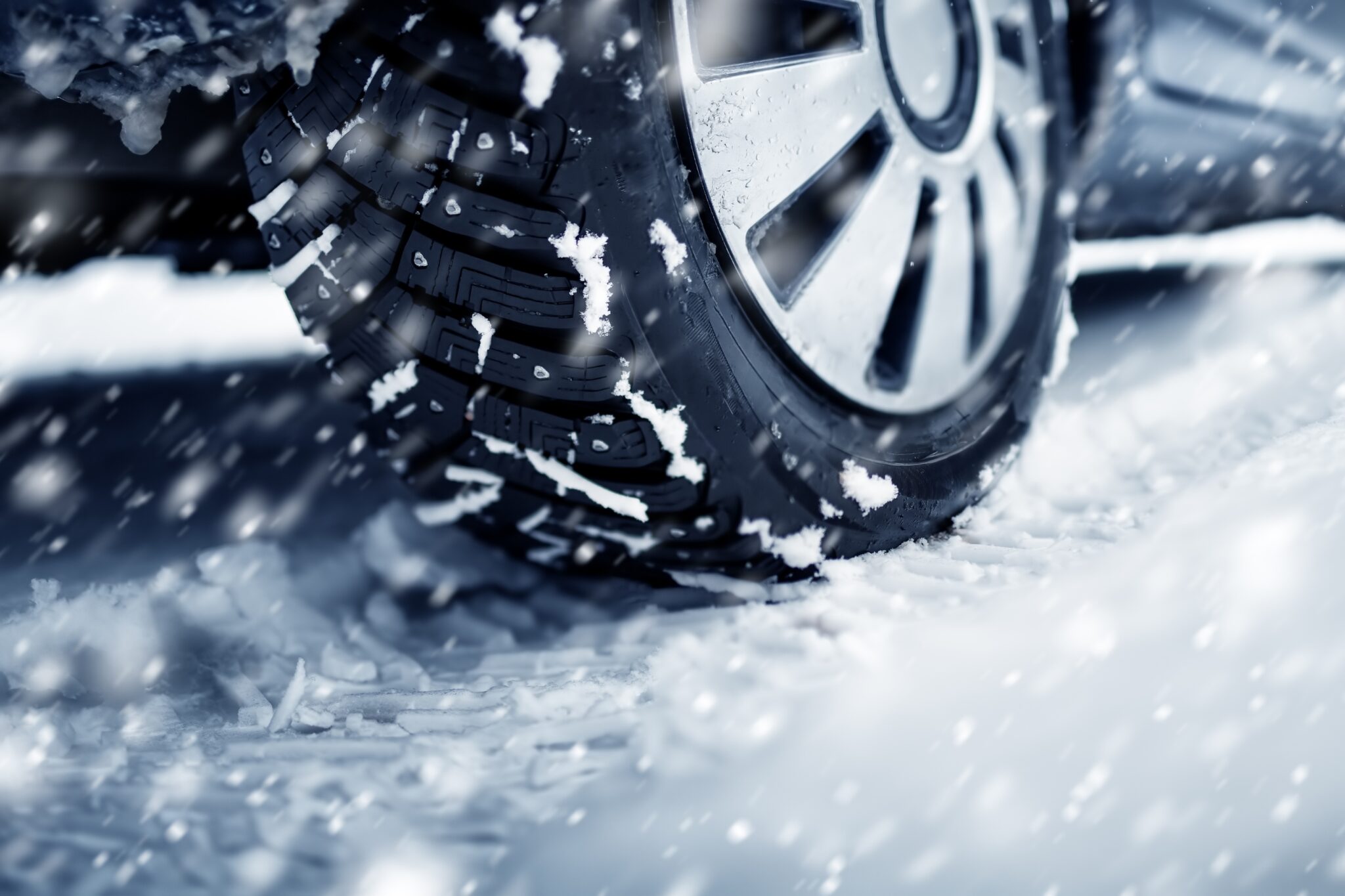
Conclusion
Choosing the best snow and all-weather tires for your new car this winter can significantly impact your driving experience and safety. Whether you opt for dedicated snow or all-weather tires, prioritize quality and reliability. Check your car’s owner’s manual for tire size recommendations and ensure proper tire maintenance throughout the winter. You’ll enjoy a confident and comfortable ride with the right tires, even in the harshest winter conditions.
Continue your journey of tire education with Tire Easy. Please explore our website for many articles to fuel your tire knowledge.
- Snow Tires Guide: Mastering Winter Roads For Safety And Performance
- Your Guide To Snow Tires: Do I Need Them For Winter Driving?
- Buying Tires: 7 Powerful Tips For An Ultimate Guide
FAQs
What all-weather tires are best in the snow?
Some top all-weather tires that perform exceptionally well in the snow include the Nokian WR G4, Michelin CrossClimate2, and the Goodyear Assurance WeatherReady. These tires are designed to offer good traction and handling in winter conditions while providing year-round versatility.
Which is better: winter tires or all-weather tires?
Winter tires are generally better for extreme winter conditions, offering superior traction and braking on snow and ice. All-weather tires are a compromise, providing decent winter performance and year-round usability. The choice depends on your specific needs and climate.
Which tires are best for all weather?
Some of the best all-weather tire options include the Michelin CrossClimate2, Continental TrueContact Tour, and the Toyo Celsius. These tires are known for their balanced performance in various weather conditions, making them suitable for year-round use.
What is the difference between all-weather tires and snow tires?
The primary difference lies in their design and performance. Snow tires (known as winter tires) are specifically engineered for cold and snowy conditions. They have a unique rubber compound and tread pattern designed for maximum traction on snow and ice. On the other hand, all-weather tires are compromise tires that provide better winter performance than all-season tires but may not match the traction of dedicated snow tires.
What is the downside of all-weather tires?
While all-weather tires offer versatility, their downside is that they may not perform as well as dedicated winter tires in extreme winter conditions. If you frequently encounter heavy snow and ice, you may benefit more from true snow tires during the winter months.
Do all-weather tires have a snowflake?
Many all-weather tires are designed with the Three-Peak Mountain Snowflake symbol on their sidewalls. This symbol indicates that the tire meets specific winter traction performance standards, making it suitable for severe snow conditions. However, checking each tire’s detailed ratings and reviews is essential to determine its winter capabilities.




